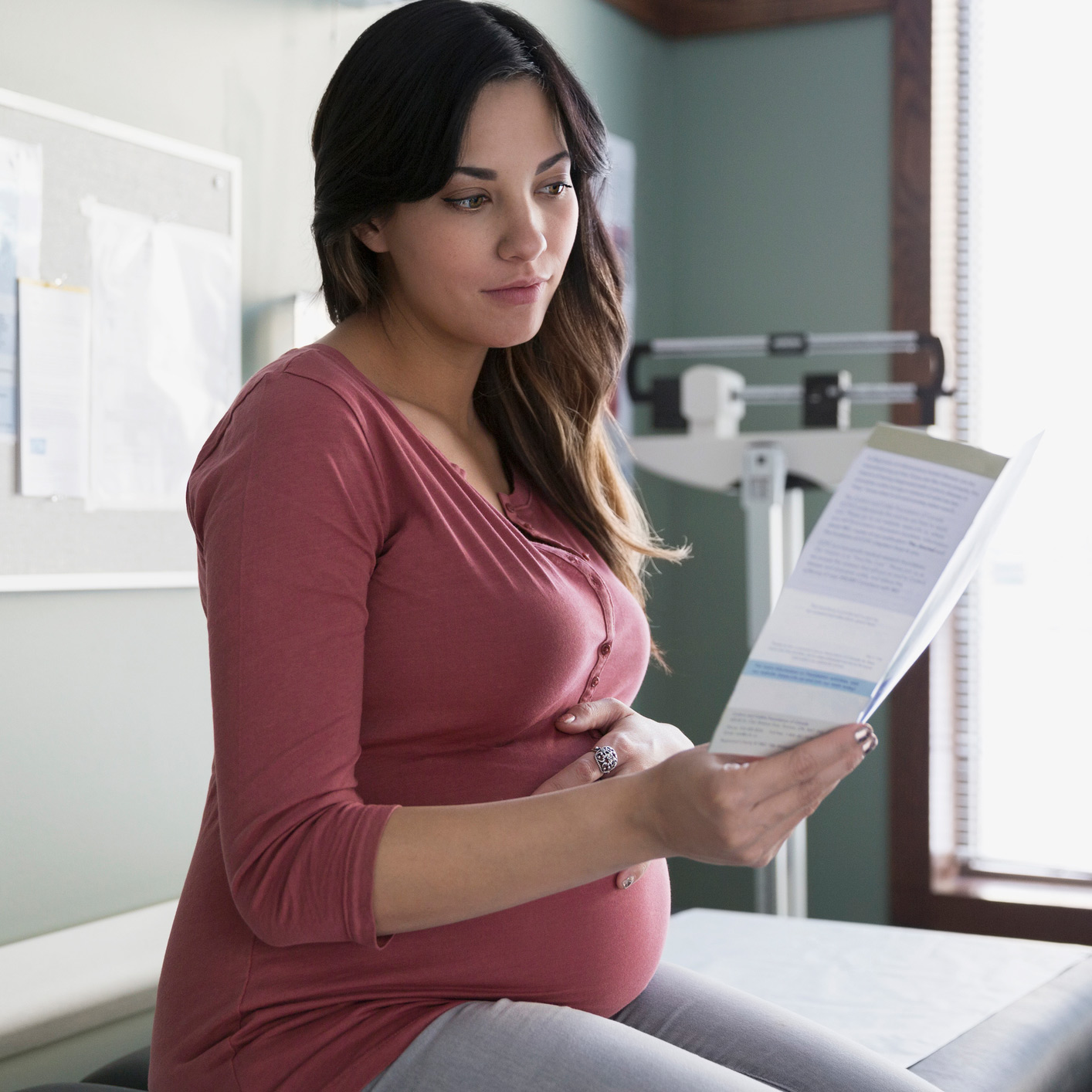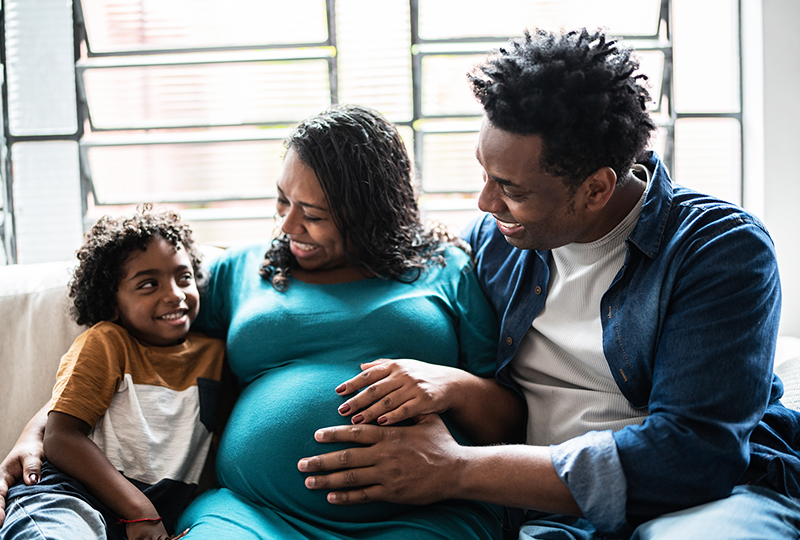Being over 35 is considered “advanced maternal age” — but it doesn’t automatically mean you’re “high risk.”
We have been led to believe the big 3-5 is a huge turning point, looming ahead like a significant fork in the road when it comes to female fertility and the ability to carry a pregnancy to term. In the past, the medical community didn’t help by labeling pregnancies over the age of 35 as “geriatric pregnancies.” (Thankfully, the term used today is “advanced maternal age.”)
All of this begs the question, “How old is too old to have a baby?”
The truth is, “there are no immediate changes in a woman’s fertility at 35,” said Dr. Richard N. Thigpen, an obstetrician and gynecologist for the Vanderbilt Women’s Health. “It’s a much more gradual progression.”
“The truth is, ‘there are no immediate changes in a woman’s fertility at 35.'”
Age is a hot topic because social trends around pregnancy have shifted in recent decades. Between 1990 and 2019, births among ages 20-24 decreased 43%, while births among ages 35–39 increased 67%, according to the United States Census Bureau. These changes have raised the median age at first birth from 27 in 1990 to 30 in 2019.
Pregnancy after 35
Of course, that’s not to say age doesn’t affect fertility. It definitely does. Fertility rates among women gradually decline throughout their 30s, meaning it can be more difficult to become pregnant at 39 than 30. But there is not a single significant drop in chances between any one year and the next, such as at 35.
Thinking about becoming pregnant in the future? Thigpen recommends:
- Staying physically active.
- Maintaining a healthy body weight.
- Working with an OB/GYN to resolve any ovulatory issues.
It’s also possible to explore fertility preservation through egg harvesting and freezing.
“Those in their 20s and early 30s who want to delay getting pregnant until 35 or 40 might want to think about doing egg harvesting,” Thigpen said. “The earlier they do that, the better quality those eggs are going to be. For example, let’s say a woman harvests her eggs at 24 and then decides to become pregnant at 35. Those eggs are still going to be 24 years old.”
“Those in their 20s and early 30s who want to delay getting pregnant until 35 or 40 might want to think about doing egg harvesting.”
Younger eggs mean they’re less likely to have chromosomal abnormalities that could result in miscarriage or birth defects. However, after 12 weeks, when the risk of miscarriage drops to less than 5%, age doesn’t have much of an effect on pregnancy as long as you’re otherwise healthy.
Age alone isn’t a risk factor
In fact, Thigpen says, the major differences in the prenatal care provided to healthy patients under 35 and those 35 and older is additional ultrasound surveillance and a potentially earlier delivery.
“Just being over 35 is not something to worry about,” he said. “In addition to getting extra scans, we’d want them to deliver by 41 weeks instead of 42.”

Expert care for you and your baby
As you bring a new, one-of-a-kind life into the world, the Vanderbilt Pregnancy Care and Delivery team is here with experience, skill, care and support. To learn more, call 615-343-5700 and explore our services below.

